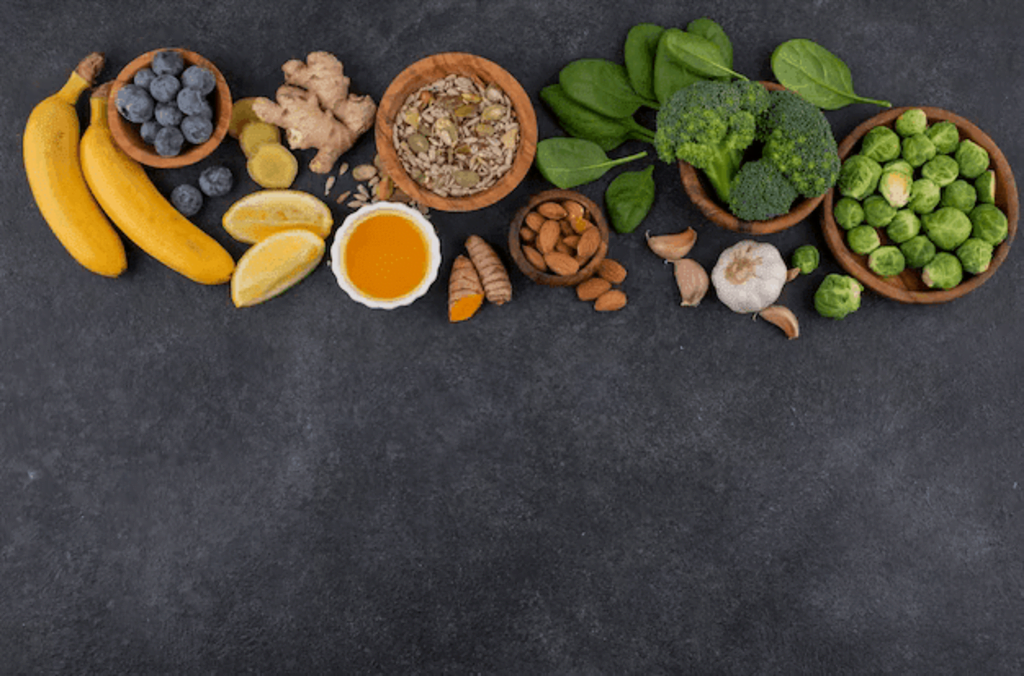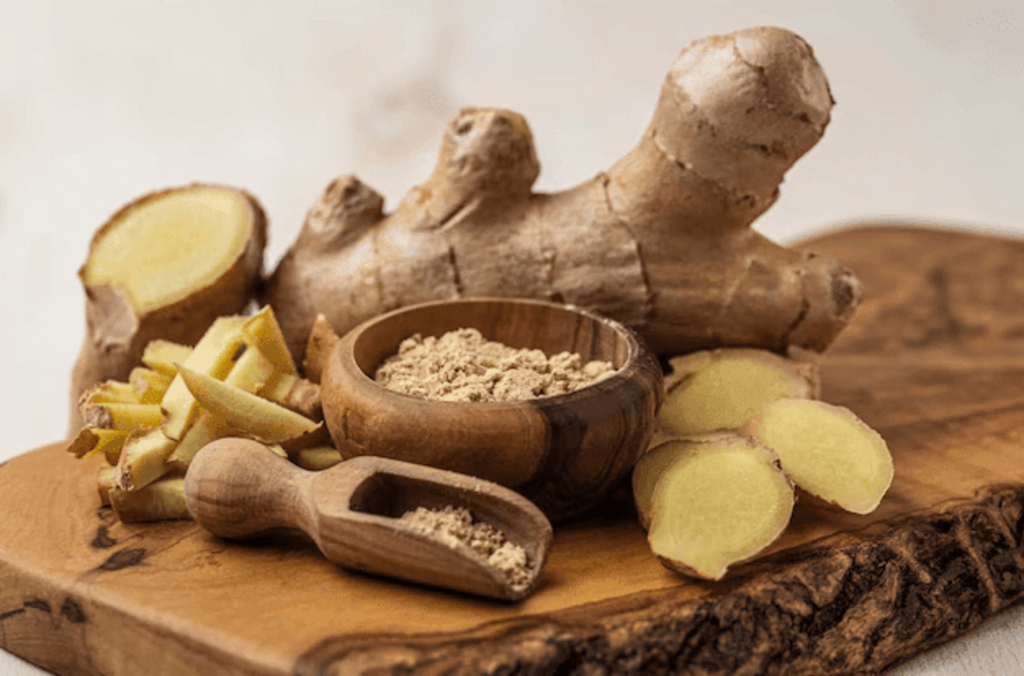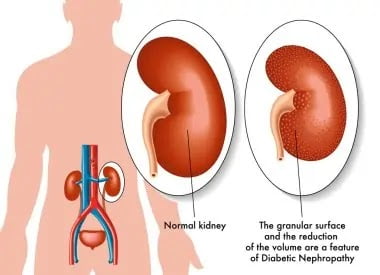Introduction
When it comes to maintaining a healthy heart, we all strive to find natural and effective ways to support our cardiovascular system. While lifestyle changes and medical treatments are essential, the world of herbal remedies offers a treasure trove of holistic options worth exploring. In this article, we will delve into the realm of herbal remedies for heart health, uncovering the secrets of nature’s gifts to our cardiovascular well-being.
Section 1: Understanding Heart Health
What is heart health?
Heart health refers to the overall condition and functionality of our heart and blood vessels. It encompasses factors like blood pressure, cholesterol levels, the efficiency of blood flow, and the absence of cardiovascular diseases. Maintaining a healthy heart is crucial for optimal well-being and longevity.
Key factors affecting heart health
Several factors affect heart health, including genetics, lifestyle choices, and age. A sedentary lifestyle, smoking, excessive alcohol consumption, poor diet, stress, and obesity are known contributors to heart problems. By addressing these factors and adopting a heart-healthy lifestyle, we can reduce the risk of heart disease.
Section 2: Herbal Remedies for Heart Health
Benefits of herbal remedies
Herbal remedies offer a natural and holistic approach to supporting heart health. These remedies have been used for centuries, with many botanicals being celebrated for their cardiovascular benefits. By incorporating herbal remedies into our lives, we can provide our hearts with the nourishment it needs to thrive.
Hawthorn: The Heart’s Best Friend
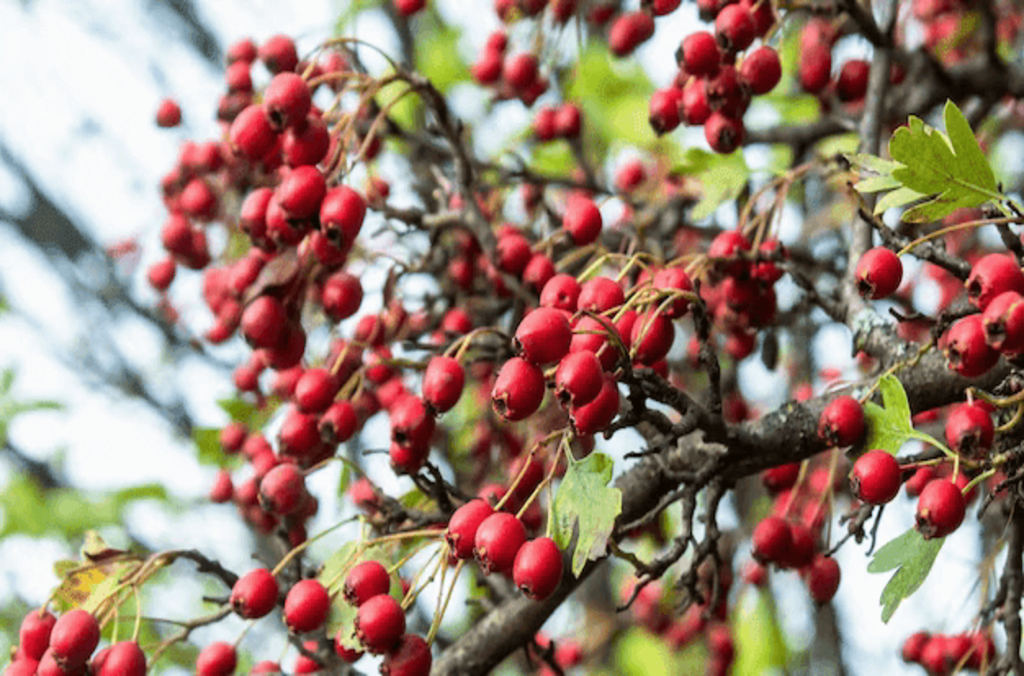
Hawthorn is a herb revered for its beneficial effects on heart health. Historically used as a cardiovascular tonic, hawthorn improves blood flow, lowers blood pressure, and strengthens the heart muscle. It also supports overall cardiovascular health, prevents the formation of arterial plaque, and reduces inflammation. It is recommended to take hawthorn supplements as per the product instructions, and consulting a healthcare professional is advisable for personalized guidance.
Garlic: The Mighty Cardiovascular Ally
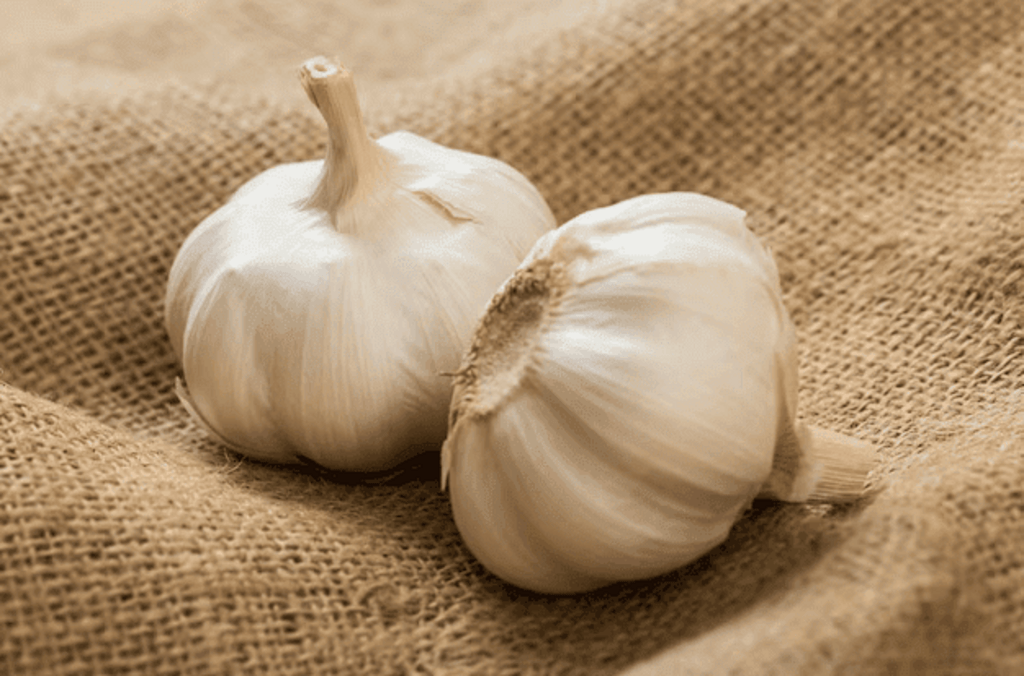
Garlic is one of the most popular medicinal herbs in the world. Garlic, known for its distinct aroma and taste, offers more than just flavor to our favorite dishes. It has been found to have numerous cardiovascular benefits, including reducing cholesterol levels naturally, lowering blood pressure, and preventing blood clot formation. Incorporating garlic into our diet can be as simple as adding it to cooked dishes or consuming it in supplement form, following the recommended dosage.
Turmeric: The Golden Herb for Heart Health
Turmeric often hailed for its vibrant color and culinary uses, contains curcumin—an active compound known for its heart-protective properties. Curcumin reduces inflammation, oxidative stress, and blood clot formation, contributing to improved heart health. Integrating turmeric into our diet is as easy as adding it to curries, smoothies, or even enjoying it as a warm and soothing turmeric latte.
Ginger: A Heart-Healthy Spice
Ginger, a popular spice known for its soothing properties, is also beneficial for heart health. It helps lower blood pressure and cholesterol levels, prevents blood clot formation, and supports healthy blood sugar levels. Whether consumed in ginger tea, used in cooking, or taken in supplement form, this heart-healthy spice can provide various benefits.
Cinnamon: Adding Flavor and Heart Protection
Cinnamon, a fragrant spice often used to add warmth and flavor to dishes, also offers heart-protective qualities. It aids in managing blood sugar levels, reducing LDL cholesterol and triglycerides, and improving overall cardiovascular function. Sprinkle some cinnamon on your oatmeal, add it to baked goods, or enjoy it in a comforting cup of cinnamon-infused tea.
Green Tea: A Heart-Boosting Brew
Green tea, a beloved beverage in many cultures, provides numerous benefits for heart health. Packed with polyphenols, green tea offers antioxidant and anti-inflammatory properties. It helps reduce cholesterol levels, lowers blood pressure, and supports healthy blood vessel function. Preparing and consuming green tea is as simple as brewing it for a few minutes and enjoying it as a warm and refreshing drink.
Other Herbal Remedies for Heart Health
Aside from the aforementioned herbal remedies, several others have shown promise in supporting heart health. Ginkgo Biloba improves blood flow and protects against oxidative stress. Motherwort promotes overall cardiovascular function and reduces palpitations. Dan Shen has been used in traditional Chinese medicine to support heart health and circulation. Arjuna, an Ayurvedic herb, strengthens the heart muscle and enhances blood flow. Consulting a healthcare professional is recommended when considering these remedies.
Section 3: Achieving Heart Health through Lifestyle Changes
Importance of a healthy diet
Adopting a heart-healthy diet is crucial for maintaining optimal heart health. Balancing macronutrients, incorporating fresh fruits and vegetables, reducing saturated and trans fats, and consuming lean proteins are key components of a heart-healthy diet.
Regular exercise for a healthy heart
Engaging in regular physical activity is essential for heart health. Cardiovascular exercises like walking, jogging, swimming, or cycling, along with strength training exercises, contribute to stronger heart muscles and improve blood circulation. Even modest amounts of activity can make a significant difference in our heart health.
Stress management and relaxation techniques
Managing stress plays a vital role in maintaining a healthy heart. Meditation, deep breathing exercises, practicing mindfulness, and engaging in activities that bring joy and relaxation can help reduce stress levels. Additionally, ensuring quality sleep is crucial, as it allows the heart to rest and rejuvenate.
Conclusion
In the pursuit of a healthy heart, herbal remedies provide a natural and effective means of support. From the heart-loving hawthorn to the flavorful cinnamon, incorporating these herbal allies into our lives can have profound effects on cardiovascular well-being. Complemented by lifestyle changes like healthy eating, regular exercise, stress management, and quality sleep, we can lay a strong foundation for long-term heart health. Remember, consult with a healthcare professional before starting any new herbal regimen.
FAQs
Q: Are herbal remedies safe for everyone?
Herbal remedies are generally considered safe for most individuals, but it’s essential to consult with a healthcare professional, especially if you have an underlying medical condition or are taking prescription medications.
Q: Can herbal remedies replace prescribed medications for heart conditions?

